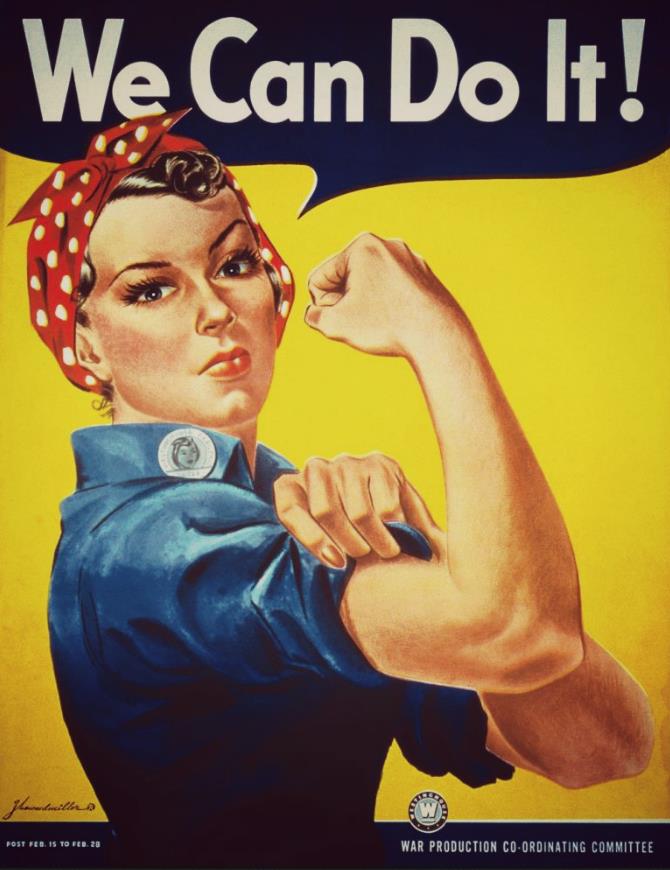In my practice, I see challenges that we face due to discrimination every day. Women still are not paid equally for equal work across our nation and many are subjected to hostile work environments as a part of their career paths. As these women age, the lack of equal pay and job security has reduced their retirement savings, harmed their health, and left them at a higher risk of poverty than their male counterparts. While we have “come a long way, Baby,” we still have miles to go.
Recently, I was asked if I have ever been subject to discrimination based on my gender in my professional career. The honest answer is yes. Despite my knowledge, my training, my certification level. me expertise, and my practical experience, I have been discriminated against.
I struggle with whether or not to share these experiences. What would think people think? What will my clients think of me? That I was complaining? That I misunderstood the situation? That I need to get over it and move on? That I am not as good? Would people punish me for my feelings?
I wrestled with sharing my professional experience with discrimination and came to the conclusion, it must be shared. First, if my story could help another professional woman, or any woman, gain equal treatment, sharing it is necessary. Second, I need for my community, my clients, my friends and the public, to know I do not accept discrimination of any kind.
When I was a younger attorney, I attended a court hearing in a Florida panhandle county before an older, white, male judge. I was the only female attorney. There were two other attorneys present at the hearing in addition to me. One was an older, white male attorney representing an individual accused of harming an elder, and the second was a younger, white male attorney representing another family member.
I was representing the professional guardian who had been appointed at the request of the Florida Department of Children & Families, to protect the elderly person. The elder was incapacitated. This meant the elder could not make decisions for herself, which was why the guardian was necessary.
The hearing was contentious. During the hearing, the older male attorney argued the funds belonging to the elder should be used by his client for his client’s personal use. The reason why was simply: his client had gotten the incapacitated elder to put his client’s name on the elder’s bank account. The argument didn’t consider the harm that would come to the elder if the funds were not used for the elder’s care and support. It was was my legal responsibility to argue on behalf of the guardian for the protection of the incapacitated elder.
The judge had to rule against the older attorney who was his friend, but he clearly communicated he was unhappy he had to do so. During the hearing, the older attorney referred to me several times during as “Missy”. At one point, the judge even referred to me as “Darlin'” on the record.
As we began leaving the courtroom, the older attorney stopped and began talking loudly to the judge.
“She’s such a b**ch,” he said.
My client looked at me. She was shocked and shook her head.
I was embarrassed and angry.
The judge replied, “Well, some of ’em are just that way.”
The young male attorney quickly left the courtroom ahead of me, his eyes averted from me as if he could not see me or my client. My client and I left as fast as we could. The older attorney and the judge remained in the courtroom talking.
Every time I tell someone that story, I’m asked, “why didn’t you report that judge?” The reason is simple. I feel no one would have believed me. My only witnesses would have been two male lawyers who were unlikely to have supported my claim. I didn’t expect the older, male attorney to do another other than deny the interaction. The young, male would likely have claimed he heard nothing and could neither confirm or deny it. The judge most likely would have denied the interaction took place. It would leave the word of my client, the incapacitated elder and I against 3 men. I believed that in the end, the investigation would have found the judge did nothing wrong. I, however, would be forced to continue to appear before this judge with him knowing, based on the nature of the complaint, that he had been reported by me.
As we celebrate Women’s History Month and all the achievements women have made, I feel it’s important to share that we haven’t fully reached equality between the sexes. Stories like mine are not uncommon. Women are still subjected to unacceptable discrimination, even when they are part of highly educated professions like mine, that endeavors to be progressive and strive for justice for all regardless of gender, race or disability.
We need to do better.
I have hope that we can.


